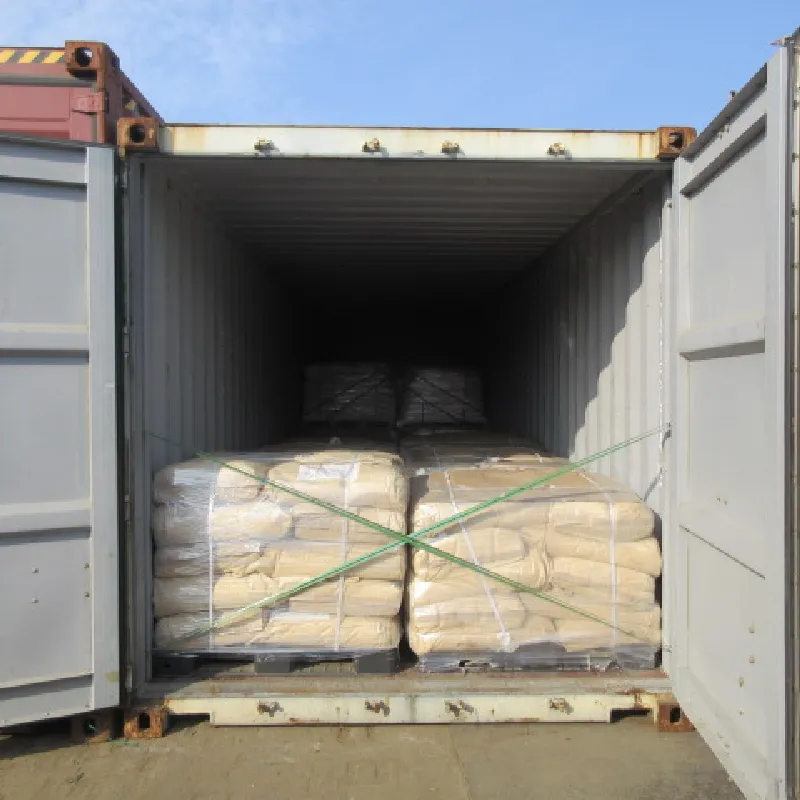
ammonium bicarbonate safe to eat
Is Ammonium Bicarbonate Safe to Eat?
Ammonium bicarbonate, known chemically as NH4HCO3, is a white crystalline compound commonly used in the food industry as a leavening agent. It is especially prominent in baking, where it serves as a raising agent for flatbreads, cookies, and other baked goods. With its widespread use, many people often wonder about its safety for consumption.
What is Ammonium Bicarbonate?
Ammonium bicarbonate is a salt formed from ammonia and carbonic acid. In its pure state, it appears as a white powder and has a mild, slightly alkaline taste. As a leavening agent, ammonium bicarbonate releases carbon dioxide gas when it decomposes, which creates bubbles in dough, providing the desired light and airy texture. Due to its ability to provide immediate leavening, it is often preferred in recipes that require a quick rise.
Historical Usage
Ammonium bicarbonate has a long history of use in cooking and baking. Before the advent of modern baking powders, it was the primary leavening agent used in many traditional recipes. It remains popular in European baking, particularly in Scandinavian countries, where it is used in specific types of cookies and baked goods.
Safety Concerns
ammonium bicarbonate safe to eat

When discussing any chemical compound's safety for consumption, it is important to refer to regulatory standards. The Food and Drug Administration (FDA) recognizes ammonium bicarbonate as generally recognized as safe (GRAS) when used appropriately in food products. This means that the compound is considered safe to eat under designated conditions and in specific quantities.
However, there are a few points to note
1. Usage Amounts The safety of ammonium bicarbonate largely depends on its usage amounts. In the food industry, it is typically used in small quantities, ensuring that the levels remain within safe limits. Overuse, however, may lead to an off-flavor in baked goods due to the formation of ammonia gas during baking, which can be unpleasant if concentrated.
2. Digestive Issues For some individuals, particularly those sensitive to ammonia or with certain digestive conditions, high quantities of ammonium bicarbonate may lead to stomach discomfort or digestive upset. It’s always best for individuals with specific health conditions or dietary restrictions to consult a healthcare professional if they have concerns about consuming products containing this compound.
3. Preparation Matters The method of preparation is also vital. Ammonium bicarbonate should never be added to recipes that do not use heat, as it decomposes at high temperatures, releasing carbon dioxide. In the absence of heat, it may remain in the food, potentially leading to an unfavorable experience.
Conclusion
In summary, ammonium bicarbonate is widely used in the food industry and is considered safe for consumption when used correctly. It plays a crucial role in baking, helping to create the texture and volume that many recipes require. As with any food additive, moderation is key, and it is essential to adhere to suggested usage levels and preparation methods. For most individuals, ammonium bicarbonate poses no significant health risks, making it a versatile ingredient in the culinary world. As always, if there are specific dietary concerns or health issues, consulting with a healthcare provider is advisable to ensure safety and well-being.
-
Pure Sodium Dichloroisocyanurate Dihydrate | Powerful DisinfectantNewsAug.29,2025
-
Industrial Chemicals: Quality & Purity for Every IndustryNewsAug.28,2025
-
Nitrile Rubber Honoring Strict Production StandardsNewsAug.22,2025
-
Aspartame Ingredients Honoring Food Safety ValuesNewsAug.22,2025
-
Fertilizer for Balanced Plant NutritionNewsAug.22,2025
-
Cyanide Gold Processing with High Purity AdditivesNewsAug.22,2025
-
Formic Acid in Textile Dyeing ApplicationsNewsAug.22,2025
Hebei Tenger Chemical Technology Co., Ltd. focuses on the chemical industry and is committed to the export service of chemical raw materials.
-

view more DiethanolisopropanolamineIn the ever-growing field of chemical solutions, diethanolisopropanolamine (DEIPA) stands out as a versatile and important compound. Due to its unique chemical structure and properties, DEIPA is of interest to various industries including construction, personal care, and agriculture. -

view more TriisopropanolamineTriisopropanolamine (TIPA) alkanol amine substance, is a kind of alcohol amine compound with amino and alcohol hydroxyl, and because of its molecules contains both amino and hydroxyl. -

view more Tetramethyl Thiuram DisulfideTetramethyl thiuram disulfide, also known as TMTD, is a white to light-yellow powder with a distinct sulfur-like odor. It is soluble in organic solvents such as benzene, acetone, and ethyl acetate, making it highly versatile for use in different formulations. TMTD is known for its excellent vulcanization acceleration properties, which makes it a key ingredient in the production of rubber products. Additionally, it acts as an effective fungicide and bactericide, making it valuable in agricultural applications. Its high purity and stability ensure consistent performance, making it a preferred choice for manufacturers across various industries.





